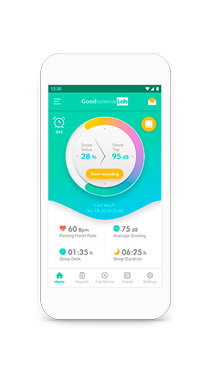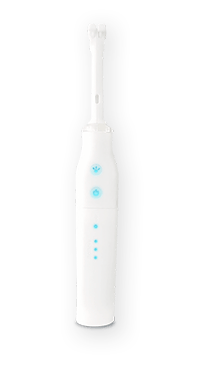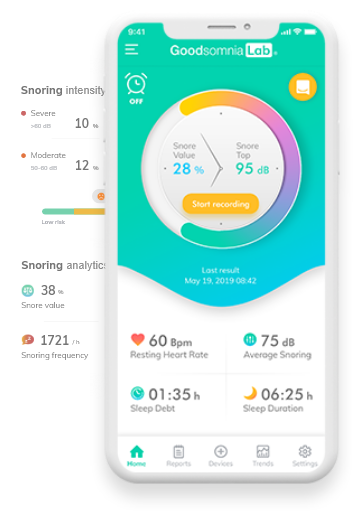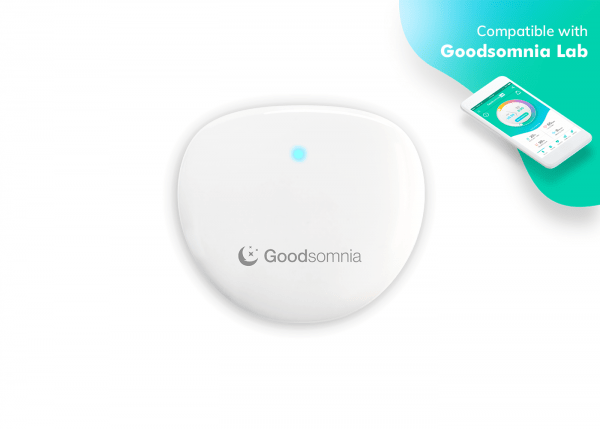Snoring doesn’t become a problem until it gets louder and louder, and more permanent. This type of snoring is chronic. Today we’ll figure out what the causes of heavy snoring are, the connection between snoring chronic sinusitis and snoring, and how to cope with it.
Chronic snoring causes and risks
Persistent, ongoing snoring without any health issues may be considered chronic snoring. Chronic snoring issues are potentially dangerous conditions that lead to an increased risk of heart disease and obstructive sleep apnea.
The list of chronic snoring causes may consist of multiple factors:
- Extra weight. Being overweight often means more soft tissue in the back of the throat, reducing airflow that can contribute to sleep apnea.
- Age. With added years, muscles and tissue in the throat often become softer and relaxed;
- Nasal issues. If your nose is congested or you have difficulties with nasal breathing, your lungs have to work harder to push more air through your throat, creating more vibrations and snoring. This is often called chronic sinusitis snoring.
- Mouth anatomy. Having a soft palate, tongue, or uvula, or larger, swollen or smaller tonsils can restrict airways and snore may be more likely;
- Alcohol and medications. Drinking alcohol, taking drugs, or a combination of the two, can accelerate muscle relaxation.
How to stop chronic snoring and avoid OSA
Though chronic snoring can be a signal of a severe sleep disease, most straight forward techniques on how to stop chronic snoring involve behavioural changes. Here are some of the chronic snoring solutions you can implement:
- healthy eating habits;
- reduce alcohol consumption;
- have a sleep schedule;
- don’t sleep on your back.
However, these don’t work for people with severe OSA. In this case, you need professional chronic snoring treatment, so consultation with a doctor is a must. You may also try other chronic snoring remedies, like oral and nasal appliances, anti-snoring devices and anti-snoring apps. Talking about the last, Goodsomnia Lab is super useful to prevent OSA and tracks your snoring and sleep.
Note, chronic loud snoring isn’t just annoying to a sleep partner, but dangerous to the snorer. So, you should always ask yourself how to deal with chronic snoring not how to sleep with a chronic snorer. So, don’t procrastinate.














